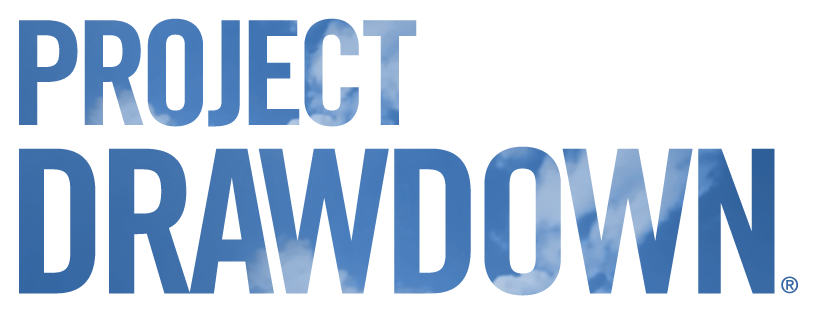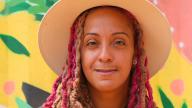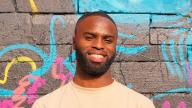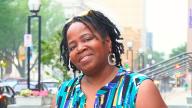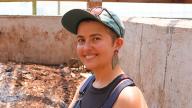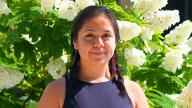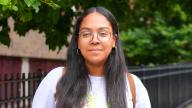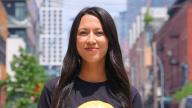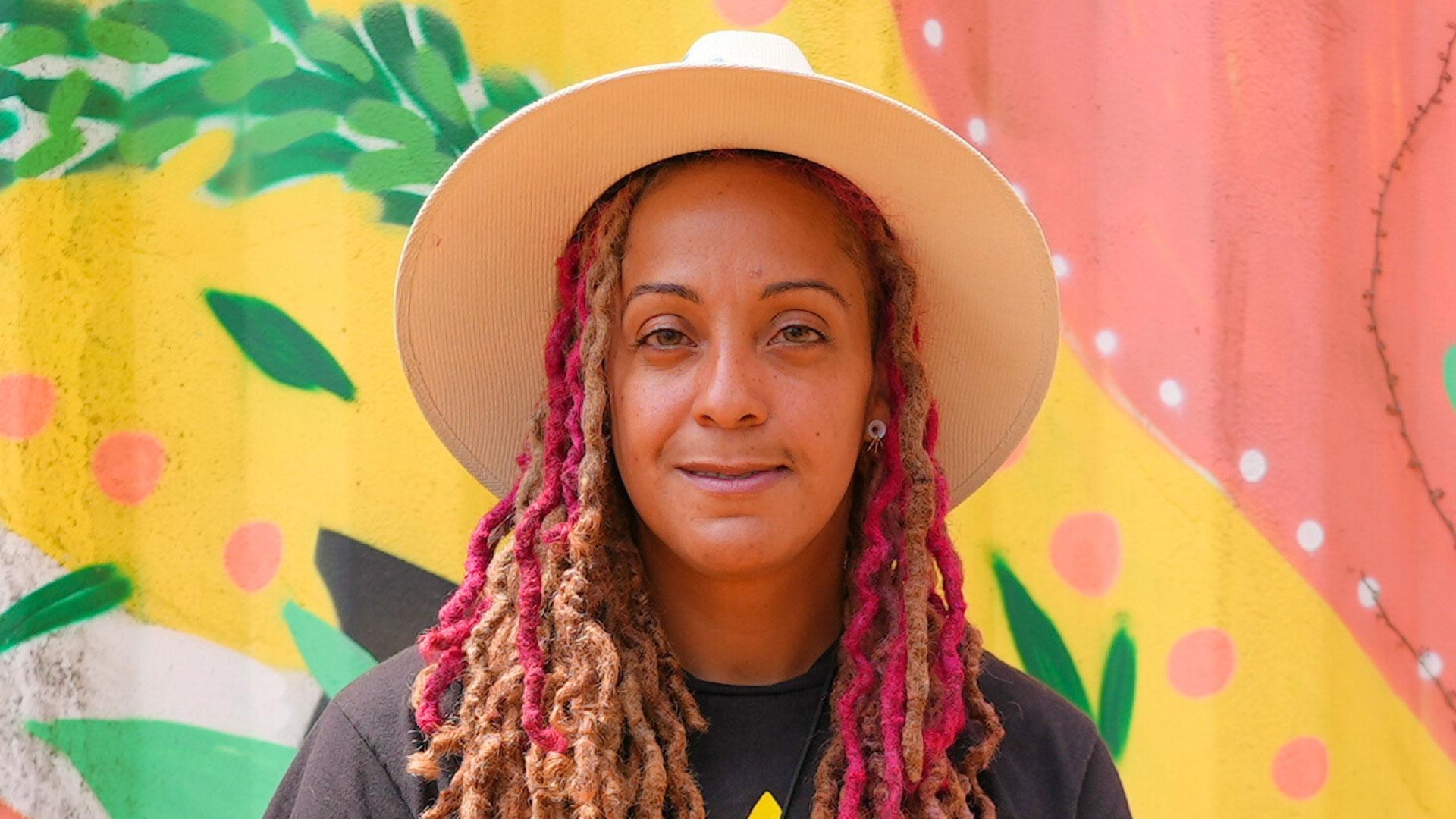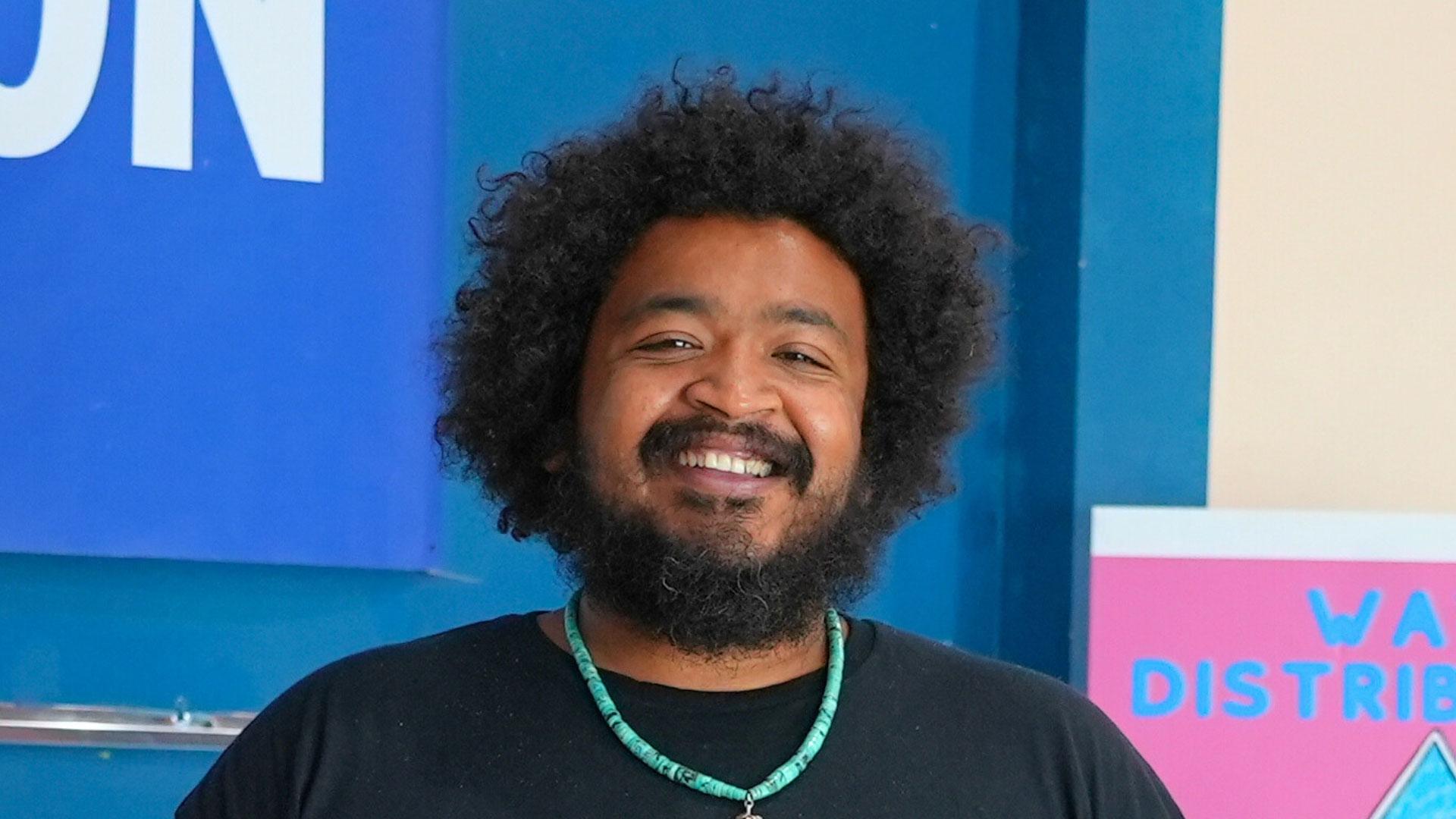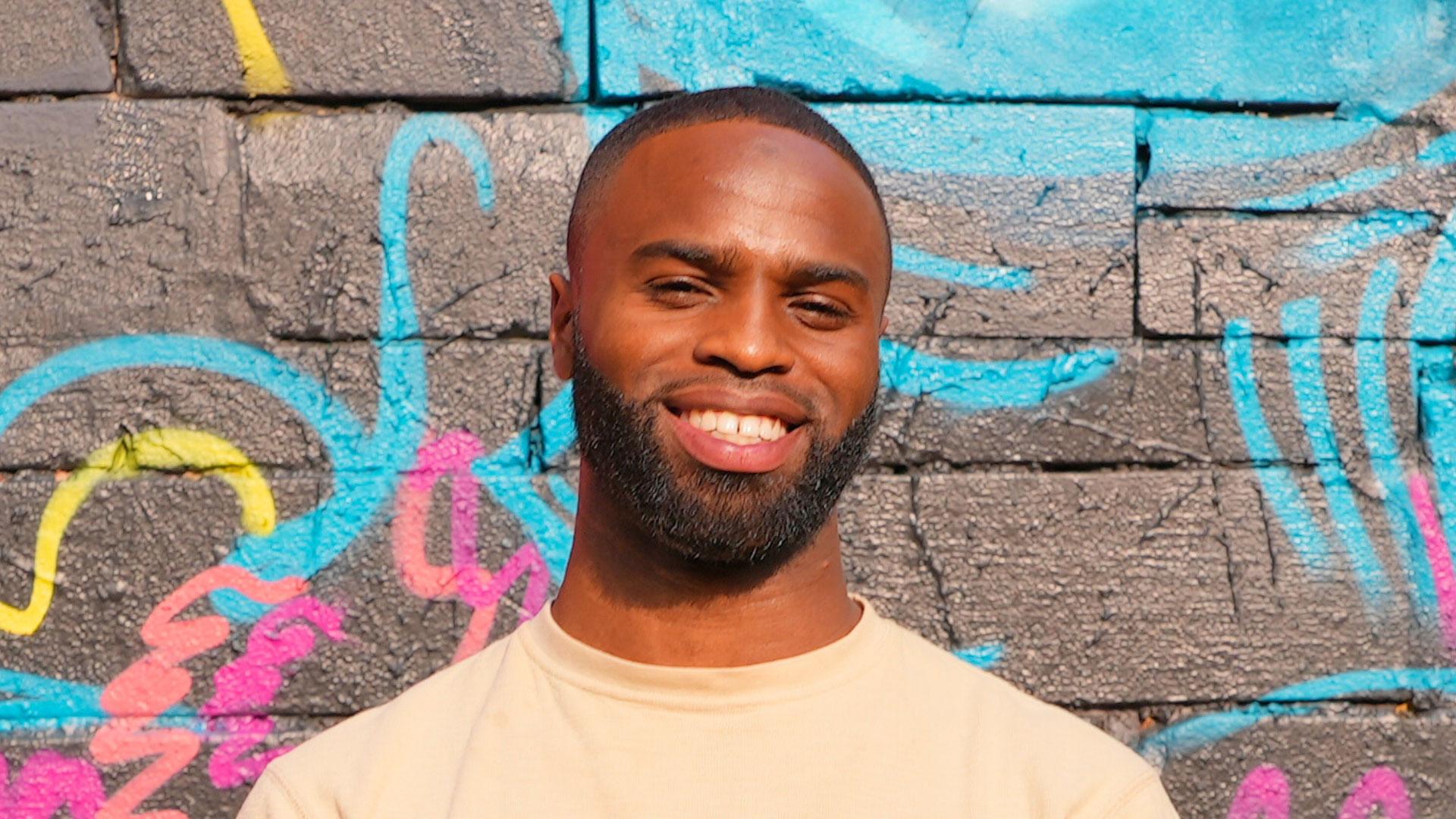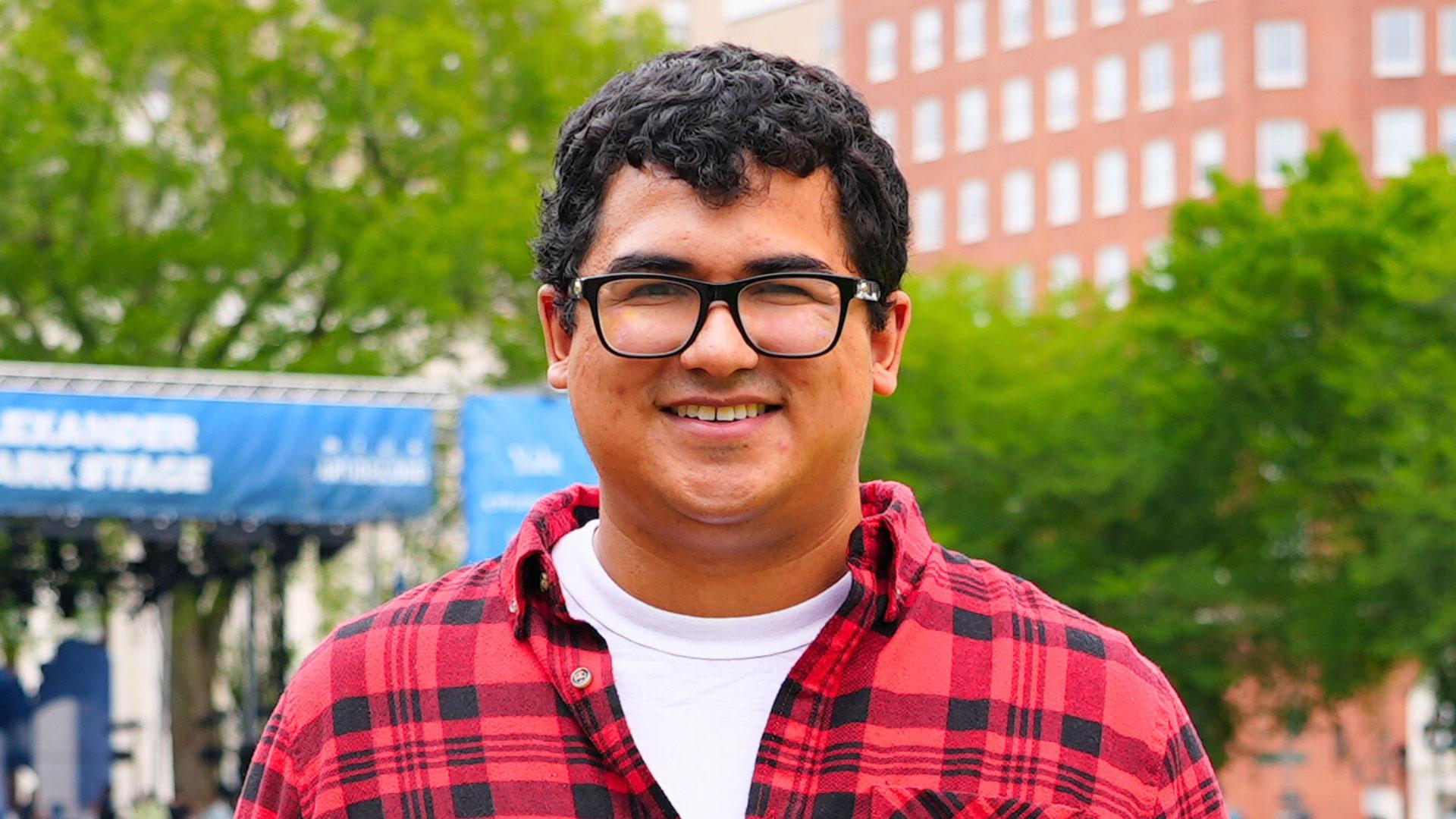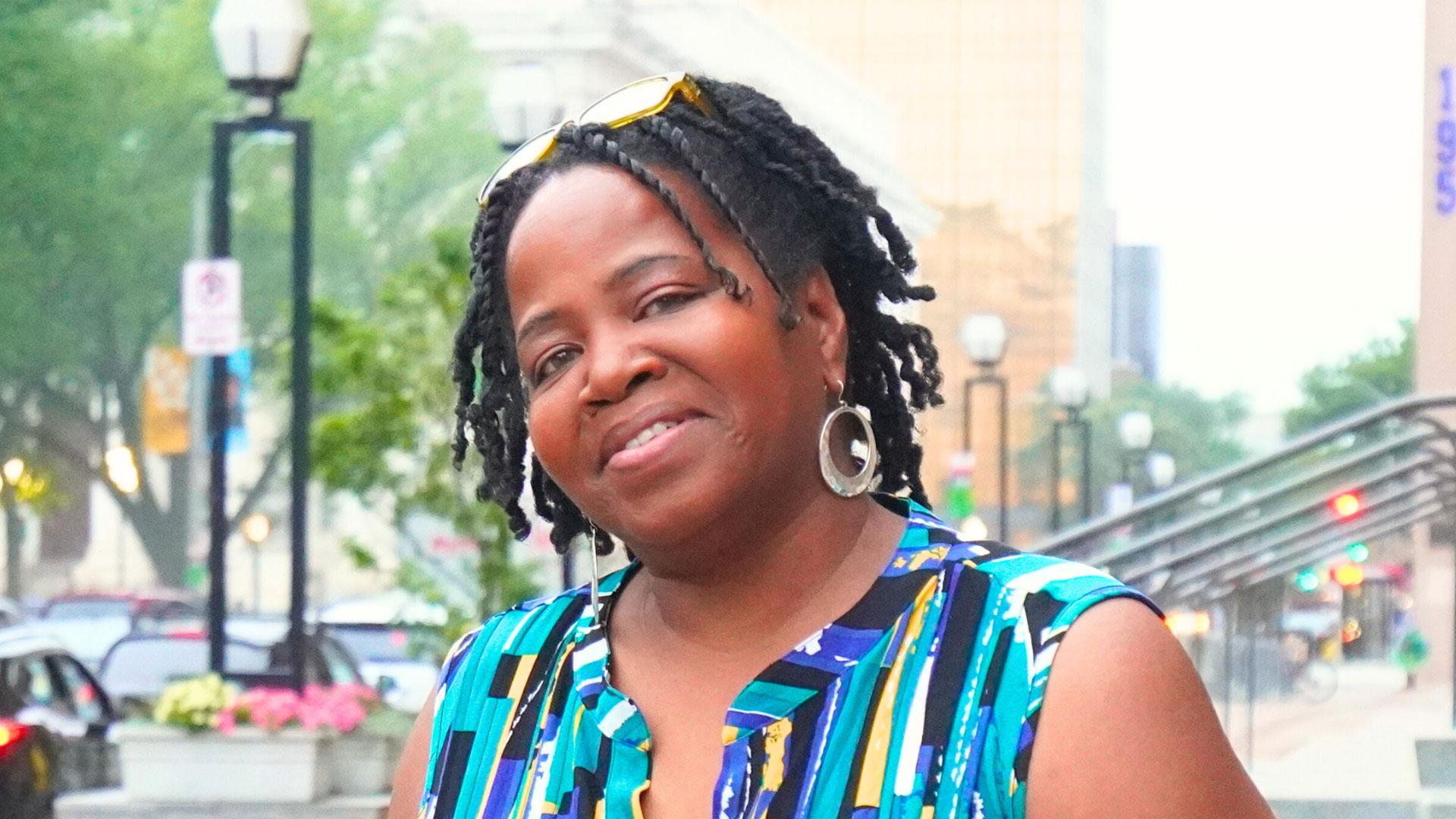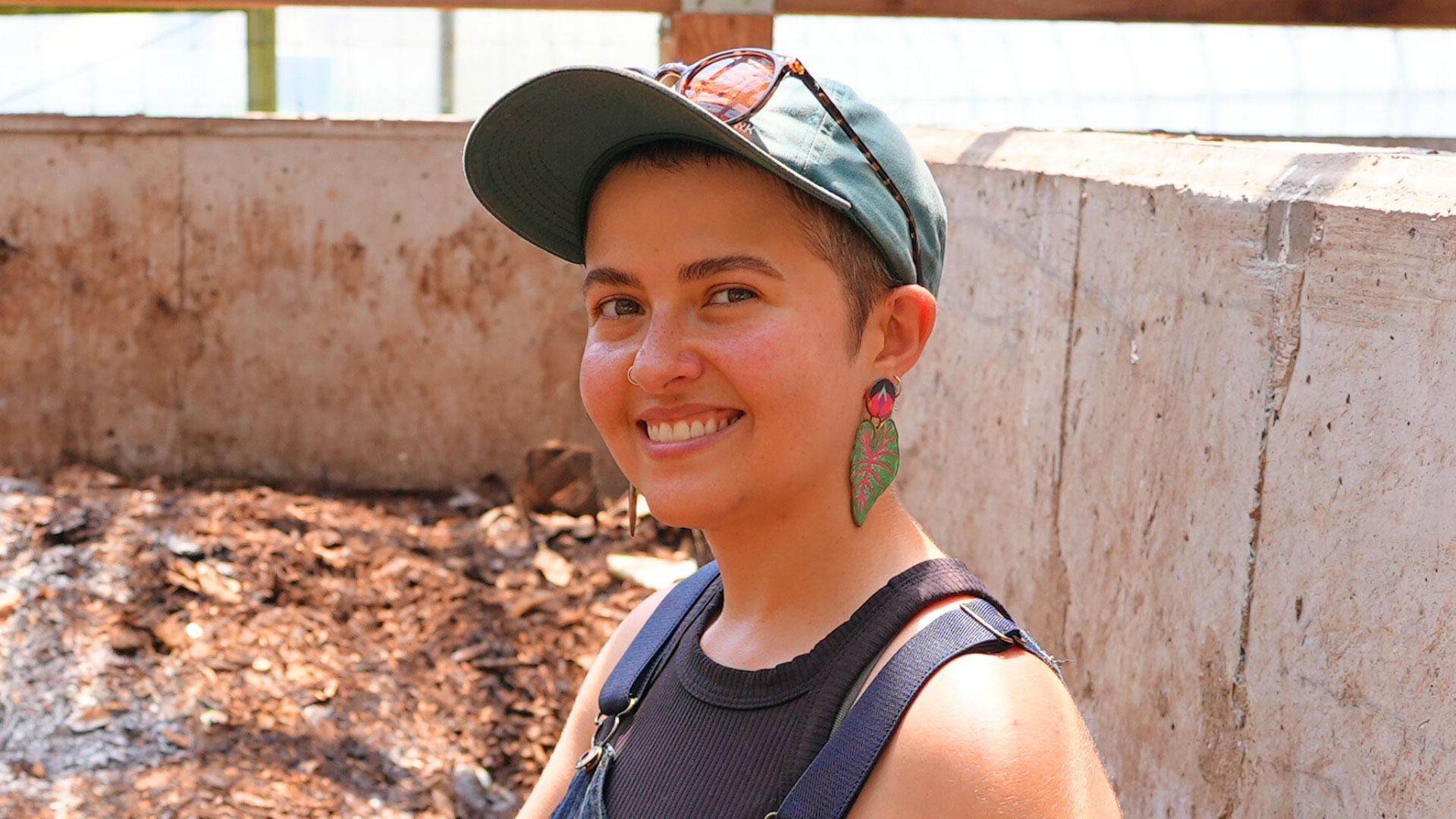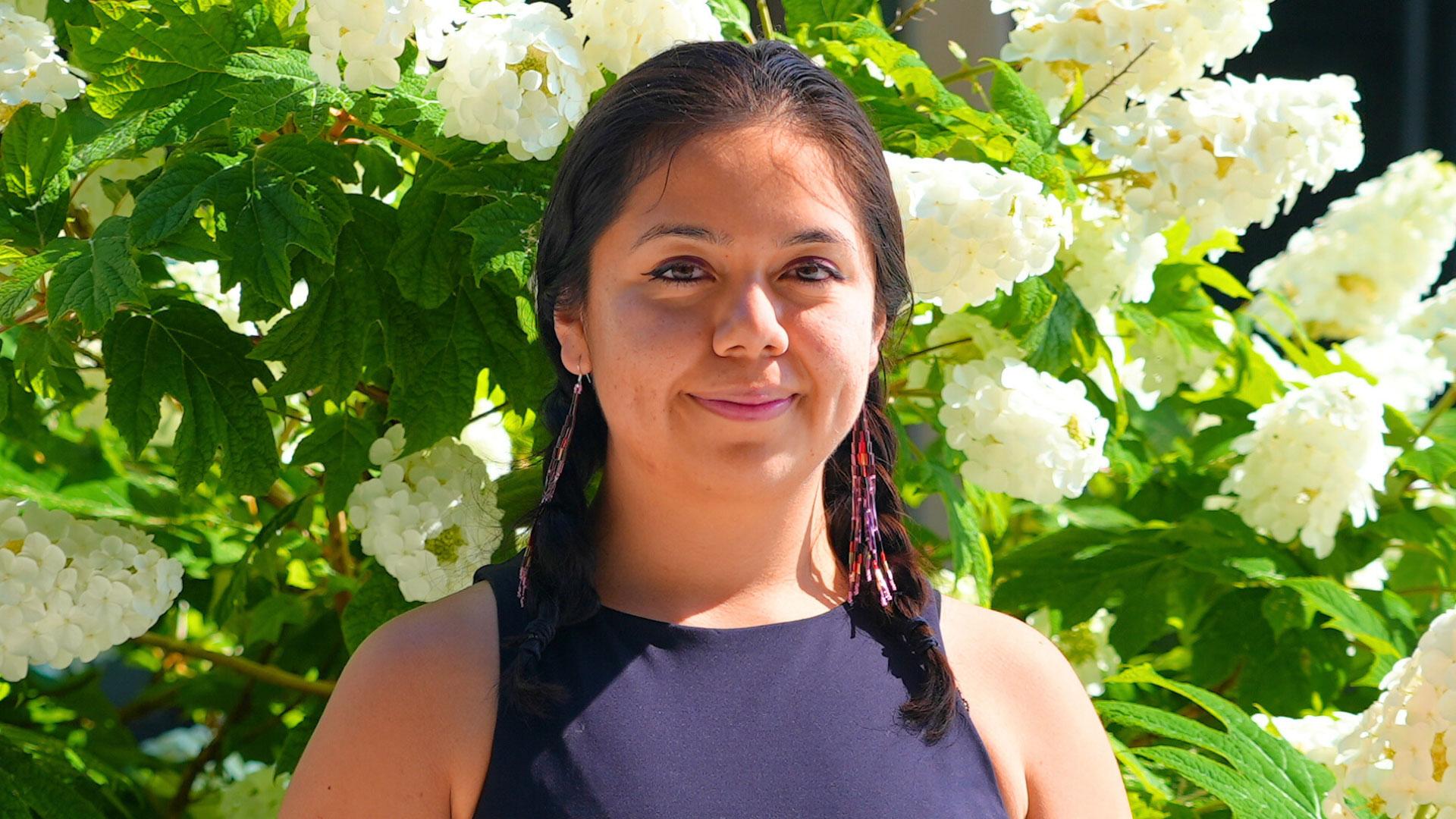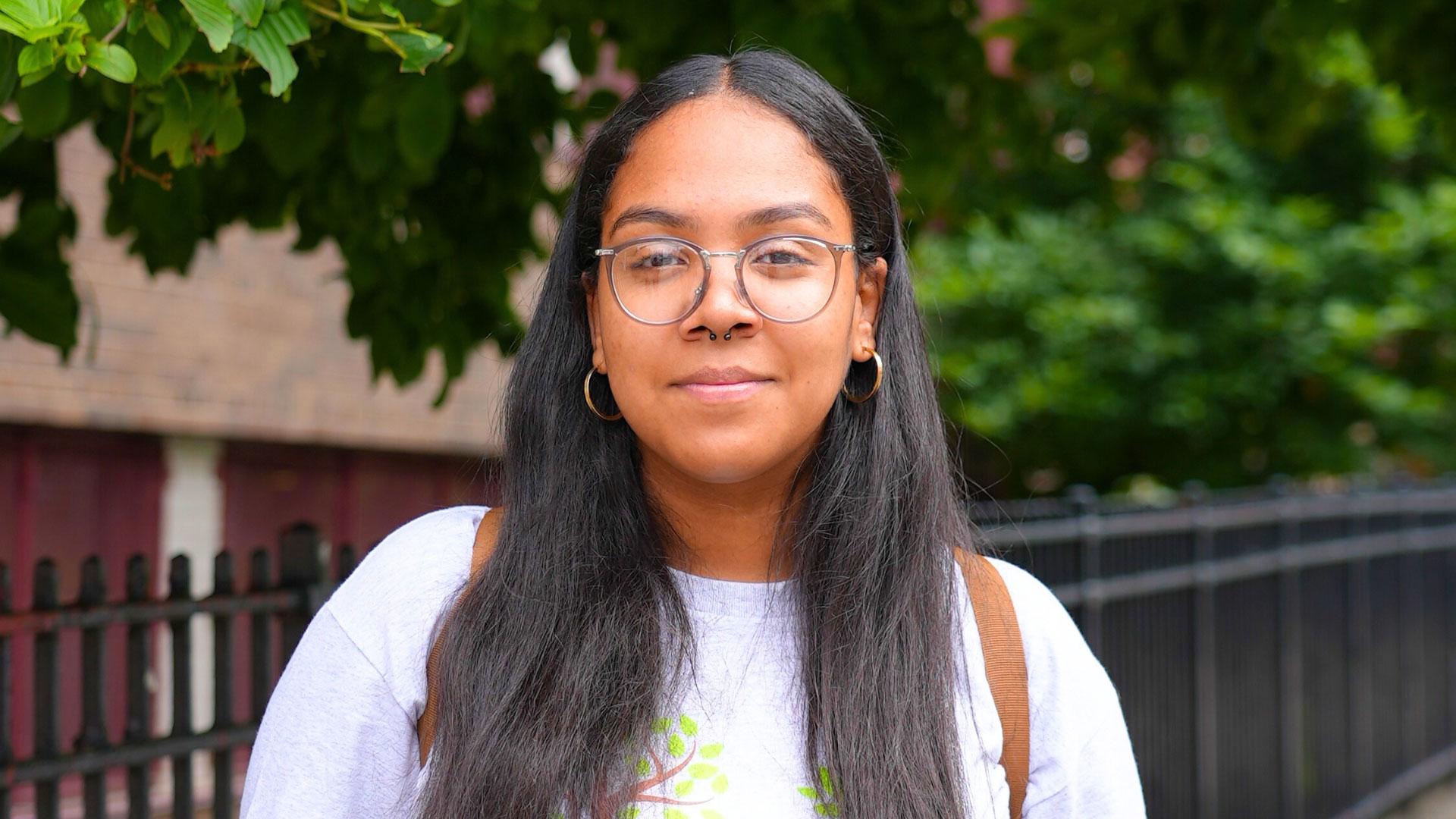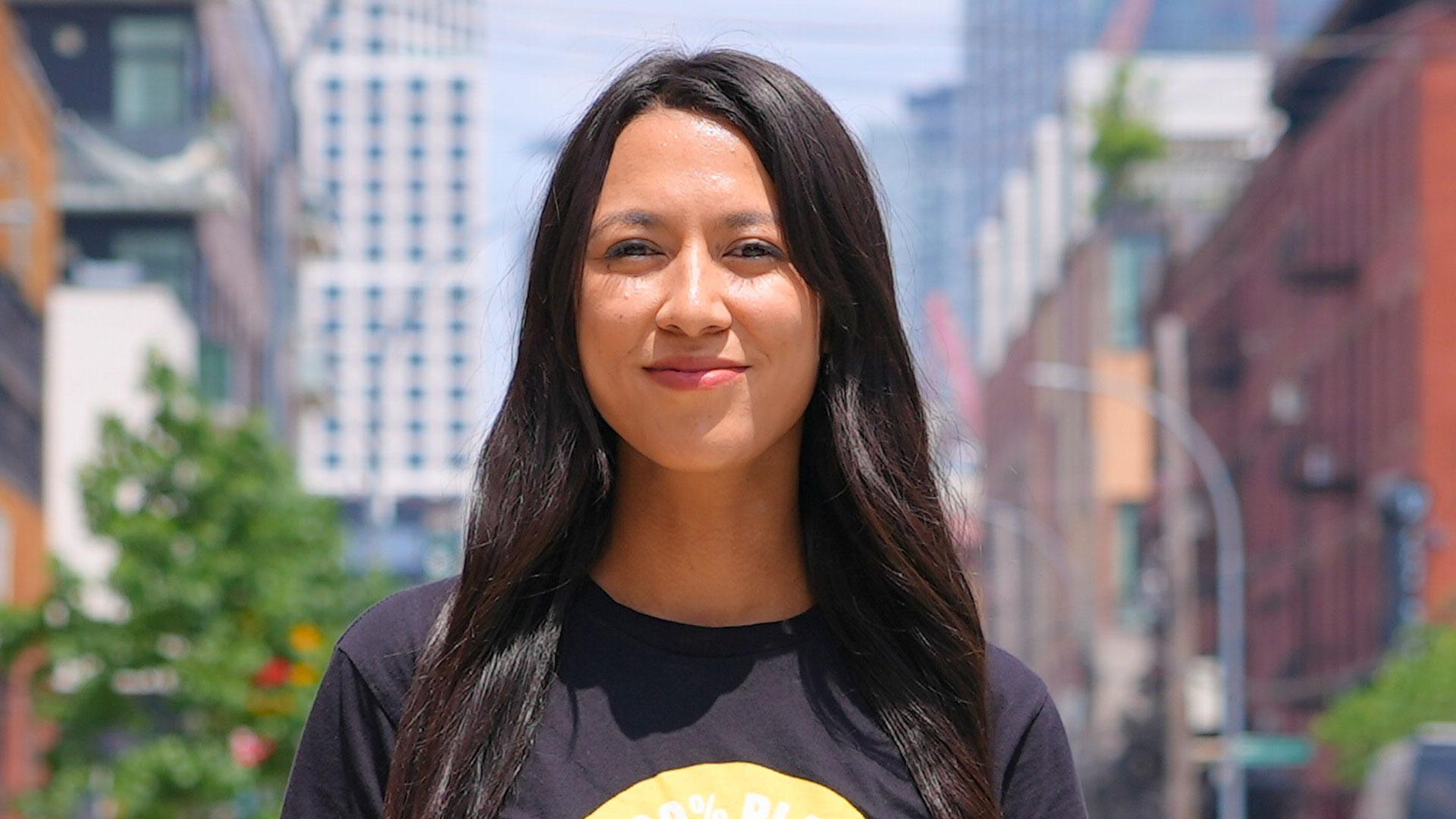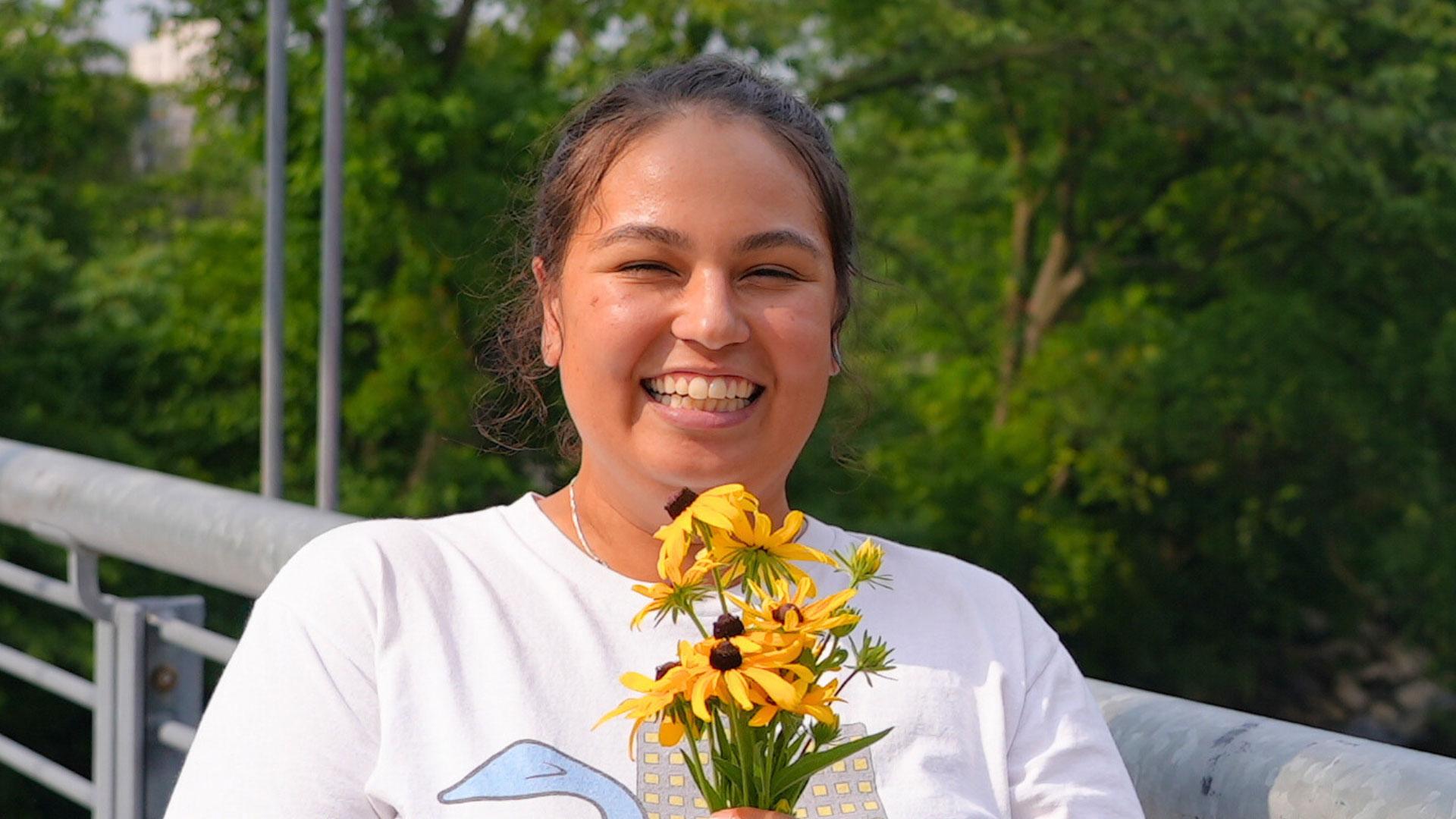Nathaly Agosto Filión: Identity as a Climate Superpower
In this Episode
Nathaly’s Story
Nathaly Agosto Filión describes herself as an urban sustainability champion, environmental justice advocate, and climate change practitioner who works to address inequities and harms in communities of color. Regarding action on climate change, Nathaly knows that the momentum we create at local and state levels bubbles up into national and international decisions. As the former Chief Sustainability Officer for the City of Newark, Nathaly describes how important it was to be on the inside of city processes and collaborate with colleagues to address the real needs of people outside of City Hall. Nathaly currently serves as the Deputy Climate Resilience Officer for New Jersey and collaborates with others at the local, state, and federal levels to accelerate statewide climate resilience policies and programs. She is also on the steering committee of the Newark Green Team. Nathaly is helping the world become a better, more sustainable place by connecting community champions and government officials to advance environmental justice.
Discussion Questions
One of the most important things you can do regarding climate change is talk about it.
- Nathaly shares the importance of visiting the Greater Newark Conservancy with local high school students as part of a collaboration between the City of Newark and a Climate Justice Ambassadors program. “This place just holds a lot of meaning to me in terms of stitching together pieces of my own personal and professional story. That idea that I want to…focus on bringing out the voices and the leadership and the creativity and the innovation, that our young people represent who are the folks that are unfortunately inheriting the worst of this climate crisis in the decades ahead,” she says. What is the unique perspective of young people on climate change, and what role can they play in advancing climate solutions? Why is that perspective critical for older generations to understand and support?
- "Newark is an environmental justice community that's faced a legacy of environmental racism and exposure to contaminants…the decision makers, the policy developers, the folks that are really passing laws need to be centering the needs and the wants of the folks on the ground that are actually generating solutions. It's tough with the urgency of this climate crisis, to constantly come back to working together because it ‘slows things down’ but I think we all understand that if we're not talking about this work from a place of intersectionality… then we're not actually getting to the root of the problem, which is not just that we have been emitting carbon…but also that we've created these legacies of oppression in our country that need to be dismantled through the work of climate action," Nathaly shares. What is the importance of diversifying the climate movement? Is there something that might be lost if we don't slow down to do the relational work of creating coalitions around solutions and listening to the voices that represent the diversity of our communities?
- Research shows that information alone is not enough to move us to change our individual behaviors, and this is something that Nathaly has seen through her work. “Numbers don’t convince people to act differently; it has to come from a place of emotion and a place of connecting, and often that starts with doing…Once we start acting, we start to absorb that identity. Once we start acting like a champion, we become a champion. Once we start acting like an advocate, we become an advocate,” she says. How can you go beyond knowing about climate change through science and data to sharing your story in a way that includes aspects of your identity, emotions, and experience? What is a story you can tell about your connection to climate change? What are the human elements of that story that might otherwise be missing if you told it through data alone? How might your personal climate story inspire you to start “doing”?
- Nathaly shares the importance of showing up for justice, even when it feels uncomfortable. “If you come from an identity that has historically been a place of power, one of the best ways to recognize the power that is held in the people of the global majority is to expose yourself to those stories,” she says. “And if you come from an identity that is oppressed, over the generations, which means that you carry that sense of fear in moving into these predominantly white spaces, have the courage to show up when that feeling is in your chest or in your stomach or in your throat, or wherever it is in your body. Speak up because it’s really important that you say whatever it is that is sitting with you…” Depending on your identity, how can you lean into Nathaly’s challenge for how to engage in climate solutions? How might this be meaningful and powerful in how we create change?
Learn More
Learn about the solutions in this story.
- For more on all of Project Drawdown’s climate solutions, visit drawdown.org/solutions
- Learn more about Nathaly’s work at Newark Green Team
Explore Climate Solutions 101, the world's first major educational effort focused solely on climate solutions. This video series combines Project Drawdown’s trusted resources with the expertise of inspiring, scientifically knowledgeable voices from around the world: drawdown.org/climate-solutions-101.
Check out the Drawdown Roadmap, a science-based strategy for accelerating climate solutions that ensures efforts to stop climate change by governments, businesses, investors, philanthropists, community organizations, and others are as impactful as possible.
Visit the Yale Program on Climate Change Communication, a resource that shares research, communications strategy, and opinion polling on climate communications.
Take Action
- Subscribe to the Project Drawdown newsletter to receive biweekly insights and inspiration to guide your own climate solutions journey.
- Drawdown Ecochallenge, presented by Ecochallenge.org, is a fun and social way to take measurable action on the top climate solutions. Take the challenge, and see how a few weeks of action add up to a lifetime of change for you and the planet. If you want to take action on climate solutions like Nathaly, start a challenge today.
- The Drawdown Labs Job Function Action Guides are practical resources that highlight specific, high-impact climate actions employees in common corporate professions can take at work.
- ChangeX connects people with proven ideas for strengthening communities with the resources needed to implement those changes. Explore countless ways to improve your community and help the world reach drawdown.
- Climate Generation's Green Careers for a Changing Climate Instructional Supplement (for Grades 6-8) contains resources to help young people learn about Green STEM Careers—paths that use STEM skills to help reduce the impacts of climate change. Throughout this instructional supplement, students use Project Drawdown resources to make important connections between climate solutions and different careers.
- Solutions Journalism Network highlights the importance of reporting stories of climate solutions in the media to create a more equitable and sustainable world. Visit their Teaching Climate Solutions resource to find curated collections and the latest examples of climate solutions journalism.
- SubjectToClimate (StC) is a nonprofit online connector for K-12 leaders of all subjects to find materials on climate change at no cost. Explore StC’s educator-generated database to connect to Project Drawdown-based climate education resources.
Sign up to receive updates, provide ideas, and tell us how you might share Drawdown’s Neighborhood in your community.
